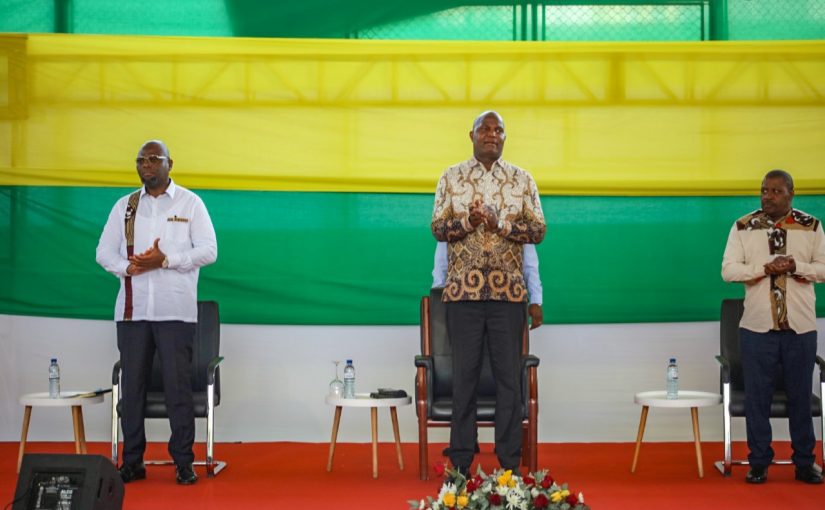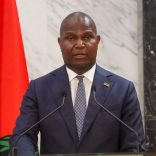Mozambique: ANJUR calls for measures to protect jurists
Mozambique: Maputo must be example and mirror of decentralisation process, consolidation of democracy – president

Photo: Conselho Municipal de Maputo
The President of Mozambique said on Friday that the Mozambican capital should be the “best example and mirror” of government decentralisation and the consolidation of democracy in the country, calling for the inclusion of civil society in the processes.
“The city of Maputo, as the capital of Mozambique, must continue to be the best example and mirror of the process of decentralisation and consolidation of democracy in which politicians and civil society assert themselves as agents of peace, reconciliation and unity among Mozambicans,” said Daniel Chapo during a working visit to the southern city of Maputo.
The Head of State argued that peace and democracy are determining factors in the development and well-being of Mozambicans, and pledged his support in finding solutions to the problems of the Mozambican capital.
“We realise that some of the challenges facing the city of Maputo, which is why it has provincial status, are not the responsibility of the Municipal Council alone. We, as the central government, have the supreme responsibility to contribute and work hard with our municipality to resolve the major challenges facing our capital,” Chapo said.
On 10 August, the Mozambican President stated that the decentralised governance model to be adopted in Mozambique would be “deepened” as part of the ongoing political dialogue aimed at pacifying the country.
“Our country is committed to a model of decentralisation in which state administration at the local level operates efficiently and transparently, based on permanent dialogue, institutional innovation and valuing local talent, with democratically elected leaders focused on local solutions to local problems,” he said at the time, as part of the African Day of Decentralisation and Local Development.
The government is reviewing legislation to reduce the powers of provincial secretaries of state, aiming to avoid duplication of administrative and management functions.
The National Director of Local Administration, Cândida Maloane, said that the process will be adjusted “to ensure that at the provincial level there is a representative of the state” and to avoid “a heavy administrative machine competing with the government bodies”.
In July, the Commission for Reflection on the Decentralisation Model delivered its final report on the matter to Mozambique’s government, which has yet to be released.












Leave a Reply
Be the First to Comment!
You must be logged in to post a comment.
You must be logged in to post a comment.